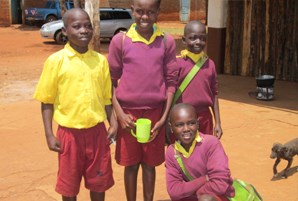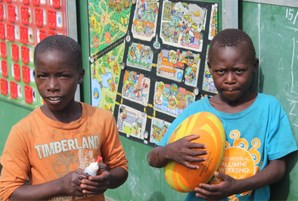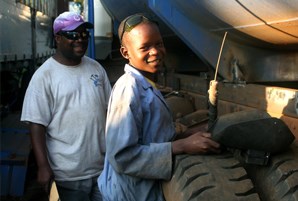How getting back to school adds up to a future
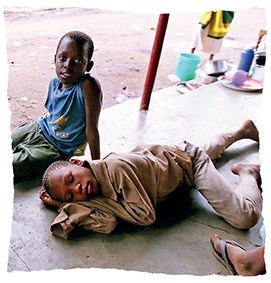
Most of us never have to choose between feeding our children or sending them to school.
But for so many of the families living in poverty that we support in East Africa this impossible decision is one they have to make every day. If parents cannot afford to buy the uniforms, books, pens and paper every pupil needs - their children are simply not allowed to go to school.
For these children the cycle of poverty is one they cannot escape without being able to learn, grow, develop and reach their full potential. With no access to education, they are trapped.
They lose hope and they often give up.
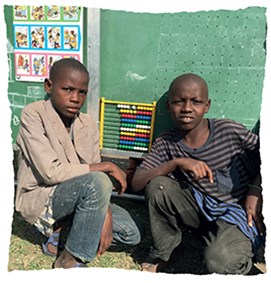
That's what Henry did, the 11-year-old boy we met in Dodoma.
His parents struggled to find enough food for the family so he decided he'd be better off looking after himself on the streets. But the life he endured there was even harder.
Henry was repeatedly beaten up and raped. He sniffed glue to make life more bearable and often ended up collapsing in the street.
But Henry had a talent for singing. He would perform for other children or to make money and one day a friend took him to our drop-in centre where staff got to know him, stopped him taking drugs and built up his confidence. Henry started saving the money he made from singing and our team eventually settled him with his grandfather that lived nearby.
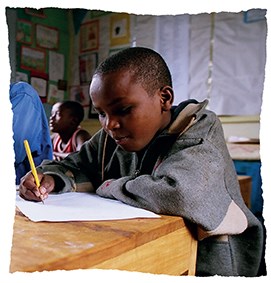
Henry was determined to transform his life.
One day he went out and bought himself a uniform with the money he had saved and enrolled himself for school. Now Henry goes to school every day and is studying hard with dreams of being a doctor.
But there are so many more children we want to help back to school.
We work in Africa, India and the UK and wherever our teams are they know that education is vital. It is the key to giving children hope and a future away from the streets. Together we can make sure they get the education they need so they can learn how to change their futures.


